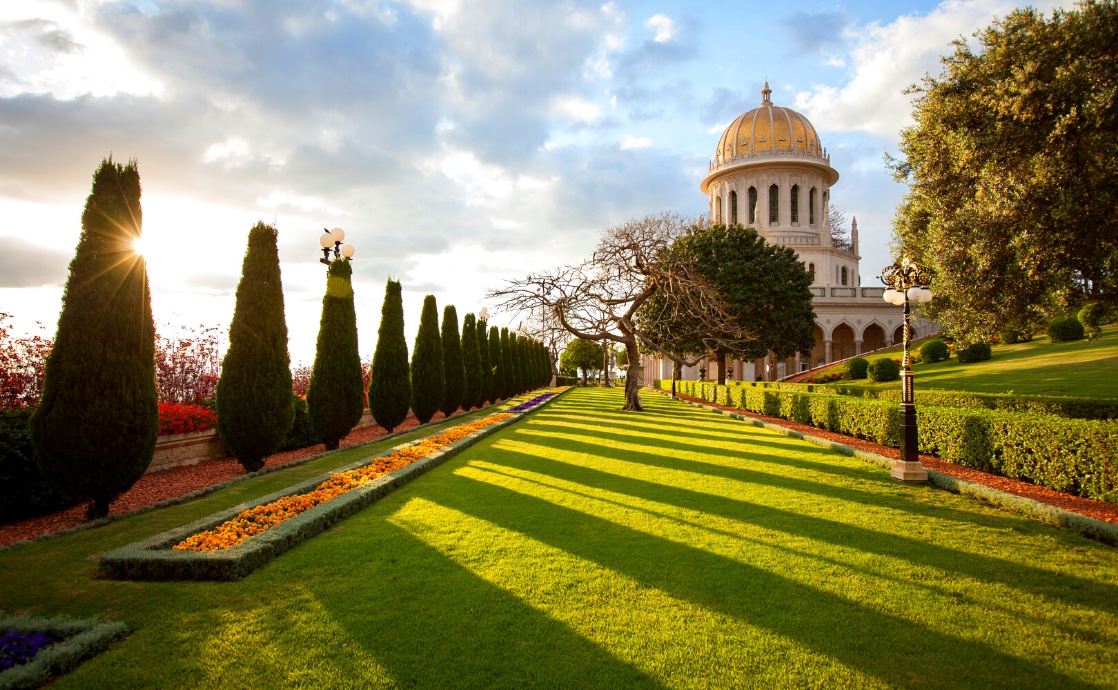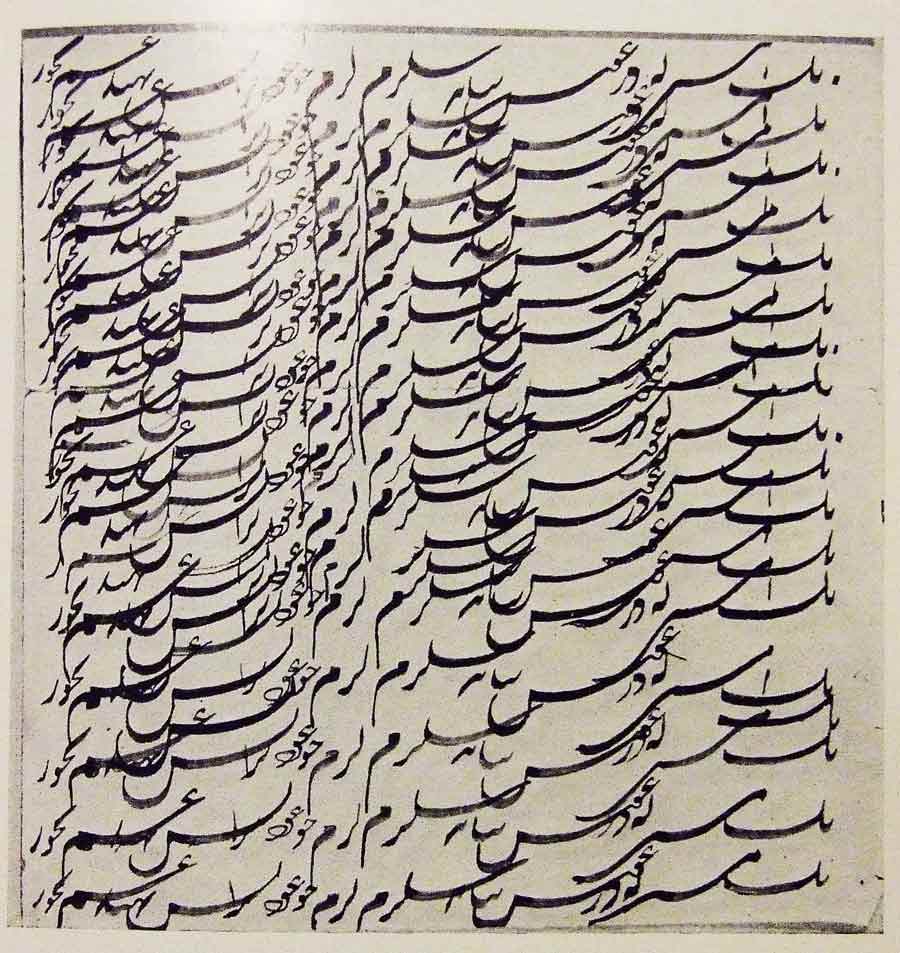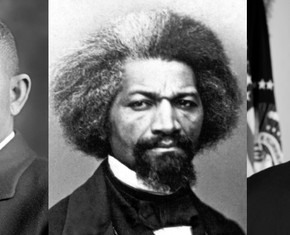The views expressed in our content reflect individual perspectives and do not represent the authoritative views of the Baha'i Faith.
There comes a time for every messenger of God when they must make their purpose known.
Each of those messengers lived in different ages and societies, and they appear at first like ordinary people until their revelations begin. Their backgrounds vary — Buddha was a prince in the house of the king; Moses was placed in a basket and drifted on the Nile only to find a home in the Pharaoh’s palace; Christ was raised by Joseph, who married Mary when she was “with child.” Muhammad was a desert orphan adopted by the Hashim clan in Arabia. Baha’u’llah grew up in a wealthy family of Persia noblemen, only to lose all wealth and become an exile and a prisoner. Siyyid Ali Muhammad, the Bab, came from a merchant family in Shiraz in southern Persia.
As a young boy the character of the Bab showed certain tendencies which came to dominate his later life. Though he was raised in a loving, normal family, the Bab’s father passed away at an early age. After his father’s death he grew up in the home of his maternal uncle, Haji Mirza Siyyid Ali, who was a textile merchant. His uncle Ali placed the young Ali Muhammad in the class of a tutor. The young boy showed surprising gifts right from the beginning — in fact, the Bab was quite unusual. As a small handsome boy in class, he was very quiet and liked by the other children. When break time came, the young Bab withdraw by himself and practiced calligraphic strokes with pen and ink. Precocious with his writing skills, the Bab’s gift for wise verbal explanation was balanced by a sweet, gentle disposition.
From the outset his tutor felt inadequate to instruct the Bab. When the teacher saw an early example of the Bab’s elegant written work, he was surprised by its beauty. When asked who taught him to write that way, the Bab simply looked down bashfully. While the Bab was reserved as a student, when it came to commenting on lessons about the Qur’an, the young boy gave insightful answers that shocked the teacher. It was as though the Bab was a born teacher — a creative insight seemed to flow from him. Many noted that the Bab answered questions with innate wisdom far surpassing his age. His amazed teacher returned the Bab to his uncle’s home and told him that the Bab did not benefit from his instruction. He wished to return the payment for his services. His uncle Ali became upset with the Bab and told him to return to class — and be quieter.
RELATED: The Bab and Baha’u’llah: Two Divine Messengers
Young Ali Muhammad had another remarkable trait: his pure, pious nature. The child would attend school late because he was busy saying prayers. His teacher told the Bab not to be so serious. Still, in a few days, he was late for class again. When asked about his tardiness, he stated that he had been at his grandfather’s house. The Bab had no living grandfather, so the teacher was surprised again. He realized that the Bab meant his holy forefather, the prophet Muhammad. The Bab startled the teacher by saying, “I wish to be like my grandfather.”
The link to the family of Muhammad continued throughout the Bab’s life. Many of the Bab’s writings described fascinating ideas about the relationships of Muhammad’s family. His trait of commentary on Quranic subjects with exquisite penmanship become a central activity in the life of the Bab. The calligraphic designs produced by his hand remain a marvel of discussion for any objective observer. As for the prayerful habits of the young Bab, he wrote many original prayers and supplications throughout his adult life. Millions of people today use these revealed prayers as a source of guidance and comfort:
“Is there any Remover of difficulties save God? Say: Praised be God! He is God! All are His servants, and all abide by His bidding!”
“I adjure Thee by Thy might, O my God! Let no harm beset me in times of tests, and in moments of heedlessness guide my steps aright through Thine inspiration. Thou art God, potent art Thou to do what Thou desirest. No one can withstand Thy Will or thwart Thy Purpose.”
The Bab worked diligently in the family trade as a young adult until the age of about 20. Renowned for his honesty and trustworthiness in all business affairs, the Bab had a highly-regarded reputation. He went to visit Karbila and the Islamic shrines in Iraq, then married when he returned, still in his early twenties.
In Karbila the Bab met the students of the Shaykhi group of Sufi mystics and their eminent leader Siyyid Kazim. During that time the Bab concentrated on studying spiritual subjects and writing commentaries on the Qur’an, then finally returned to his family home in Shiraz. His writing skills began to flourish from this time forward. His fellow citizens of Shiraz knew him as a quiet, dignified figure often occupied in prayer and meditation.
The Bab underwent a significant change according to his wife, Khadijih Bagum, soon after the passing of his infant son, Ahmad. The wife of the Bab, though always aware of the outstanding spiritual capacity of her husband, saw a dramatic event one evening after a late meal. As was the custom, the family gathered in the Bab’s mother’s room, but Khadijih noticed that the Bab retired early after eating very little.
She arose about midnight to find that the Bab had vanished. She went out into the courtyard and searched his mother’s room, but couldn’t find him anywhere. She climbed up the staircase leading to the upper story of the house and, through the hallway, saw the room flooded in light. Khadijih, surprised by the power of the light shining from the upper guest room, questioned herself—what was the source of the brilliant light in the room? Was it an actual light or a divine light that she witnessed as a vision?
RELATED: The Bittersweet Love Story of the Bab and His Beloved Wife
Peering into the room she saw the figure of her husband enveloped in light. The Bab stood in the middle of the room with his arms outstretched to heaven. A feeling of awe and fright froze her in anticipation. The Bab broke the spell by telling her to, “Go back!” She descended the stairs and returned to her bed but remained shaken and prayed for explanation from the Almighty.
The next day she still trembled when she sat for tea in the mother’s sitting room, afraid to look upon her husband’s face. The Bab poured tea for her and asked what was wrong. Khadijih asked, “What was the condition that I saw you in?”
The Bab told her that what she had seen was true and immediately she calmed down. He said it was the will of God that she was able to see the divine revelation at the time. The Bab told her that he was the promised one or Qa’im that the people of Islam were waiting for. Then the Bab reassuringly said: “God had so willed that there may not be any place in your heart for doubt and hesitation.” (quoted in “Leaves of the Twin Divine Trees”)

















Comments
Sign in or create an account
Continue with Googleor